Sodium Lactate+sodium Chloride+potassium Chloride+calcium Chloride
About Sodium Lactate+sodium Chloride+potassium Chloride+calcium Chloride
Calcium Chloride+potassium Chloride+sodium Chloride+sodium Lactate is a combination medicine used to treat or prevent dehydration (too much loss of body water). It is indicated as a source of electrolytes, water, and calories. A sufficient amount of fluids, electrolytes and minerals are necessary for the normal functioning of the body.
Calcium Chloride+potassium Chloride+sodium Chloride+sodium Lactate is a combination of four drugs: Sodium lactate, Sodium chloride, Potassium chloride, and Calcium chloride. Calcium Chloride+potassium Chloride+sodium Chloride+sodium Lactate helps replace the fluids and minerals lost due to vomiting or diarrhoea. Thereby, it helps in treating and preventing dehydration.
Take Calcium Chloride+potassium Chloride+sodium Chloride+sodium Lactate as prescribed. You are advised to take Calcium Chloride+potassium Chloride+sodium Chloride+sodium Lactate for as long as your doctor has prescribed, depending on your medical condition. In some cases, you may experience certain common side effects, such as mild nausea and vomiting. Most of these side effects do not require medical attention and resolve gradually over time. However, you are advised to talk to your doctor if you experience these side effects persistently.
Let your doctor know if you are allergic to any of the contents. Do not take Calcium Chloride+potassium Chloride+sodium Chloride+sodium Lactate if you are pregnant or breastfeeding unless prescribed. Calcium Chloride+potassium Chloride+sodium Chloride+sodium Lactate should be given to children only if advised by the doctor. Keep your doctor informed about your health condition and medicines to rule out any side effects.
Uses of Sodium Lactate+sodium Chloride+potassium Chloride+calcium Chloride
Medicinal Benefits
Calcium Chloride+potassium Chloride+sodium Chloride+sodium Lactate consists of Sodium lactate, Sodium chloride, Potassium chloride, and Calcium chloride. Calcium Chloride+potassium Chloride+sodium Chloride+sodium Lactate is used to treat or prevent dehydration (too much loss of body water). It is indicated as a source of electrolytes, water, and calories. Calcium Chloride+potassium Chloride+sodium Chloride+sodium Lactate helps replace the fluids and minerals lost due to vomiting or diarrhoea. Thereby, it helps treat and prevent dehydration.
Directions for Use
Storage
Side Effects of Sodium Lactate+sodium Chloride+potassium Chloride+calcium Chloride
- Nausea
- Vomiting
Drug Warnings
Do not take Calcium Chloride+potassium Chloride+sodium Chloride+sodium Lactate if you are allergic to any of its contents. Inform your doctor if you have hyperkalaemia, hyperglycaemia, hypernatremia, hypochloraemia, fluid overload, and refeeding syndrome. Consult your doctor before taking Calcium Chloride+potassium Chloride+sodium Chloride+sodium Lactate if you are pregnant or breastfeeding. Calcium Chloride+potassium Chloride+sodium Chloride+sodium Lactate should be given to children only if prescribed by a doctor. Keep your doctor informed about your health condition and the medicines you take to rule out any side effects/interactions.
Drug Interactions
Drug-Drug Interaction: Calcium Chloride+potassium Chloride+sodium Chloride+sodium Lactate may interact with anti-psychotics (lithium).
Drug-Food Interaction: No interactions were found/established.
Drug-Disease Interaction: Calcium Chloride+potassium Chloride+sodium Chloride+sodium Lactate may interact with hyperkalaemia (high potassium levels in the blood) and hyperglycaemia (high blood sugar levels).
Drug-Drug Interactions Checker List:
Safety Advice

Alcohol
cautionIt is unknown if alcohol interacts with Calcium Chloride+potassium Chloride+sodium Chloride+sodium Lactate. Please consult your doctor.

Pregnancy
cautionIf you are pregnant, please consult your doctor before taking Calcium Chloride+potassium Chloride+sodium Chloride+sodium Lactate.

Breast Feeding
cautionIf you are breastfeeding, please consult your doctor before taking Calcium Chloride+potassium Chloride+sodium Chloride+sodium Lactate.

Driving
safe if prescribedCalcium Chloride+potassium Chloride+sodium Chloride+sodium Lactate usually does not interfere with your driving ability.

Liver
cautionCalcium Chloride+potassium Chloride+sodium Chloride+sodium Lactate may increase the risk of hypernatremia in patients with liver disease. Hence, if you have liver problems, consult your doctor before taking Calcium Chloride+potassium Chloride+sodium Chloride+sodium Lactate.

Kidney
cautionCalcium Chloride+potassium Chloride+sodium Chloride+sodium Lactate should be used with caution in patients with kidney impairment as it may cause hyperkalemia, hypernatremia, and fluid retention.

Children
cautionCalcium Chloride+potassium Chloride+sodium Chloride+sodium Lactate should be given to children only if prescribed by the doctor. Your doctor will prescribe the dosage of Calcium Chloride+potassium Chloride+sodium Chloride+sodium Lactate based on your child's age and weight.
Habit Forming
Diet & Lifestyle Advise
- If you are unable to drink large volumes of fluids, try drinking small sips frequently.
- Regularly drink fluids to prevent dehydration.
- Consume foods rich in water content, such as watermelon, cucumber, tomatoes, broccoli, spinach, oranges, Brussels sprouts, apples, etc.
- Drink electrolyte-containing drinks, such as sports drinks.
- You can also try popsicles made of fruit juices.
- Coconut water is readily absorbed into the body and relieves dehydration.
- Consumption of clear soups and nutritious broths can also be helpful.
Special Advise
- The intravenous form of Calcium Chloride+potassium Chloride+sodium Chloride+sodium Lactate should not be administered simultaneously with blood products as it might cause haemolysis.
- Regular monitoring of blood glucose levels, electrolyte levels, and acid-base balance are advised.
Patients Concern
Disease/Condition Glossary
Dehydration: Dehydration is the loss of body fluids. It could occur due to inadequate fluid intake, illness, sweating, excess urination, diarrhoea, or vomiting. A sufficient amount of fluids, electrolytes and minerals are necessary for the normal functioning of the body.
FAQs
Calcium Chloride+potassium Chloride+sodium Chloride+sodium Lactate is a combination medicine used to treat or prevent dehydration (too much loss of body water). It is indicated as a source of electrolytes, water, and calories. A sufficient amount of fluids, electrolytes and minerals are necessary for the normal functioning of the body.
Calcium Chloride+potassium Chloride+sodium Chloride+sodium Lactate contains Sodium lactate, Sodium chloride, Potassium chloride, and Calcium chloride. Calcium Chloride+potassium Chloride+sodium Chloride+sodium Lactate helps replace the fluids and minerals lost due to vomiting or diarrhoea, thus treating and preventing dehydration.
Calcium Chloride+potassium Chloride+sodium Chloride+sodium Lactate may increase the risk of hyperkalaemia (high potassium levels in the blood). Calcium Chloride+potassium Chloride+sodium Chloride+sodium Lactate should be avoided in patients with or at risk for hyperkalaemia.
Calcium Chloride+potassium Chloride+sodium Chloride+sodium Lactate should be used with caution in patients with impaired glucose tolerance as it may worsen hyperglycaemia (high blood sugar levels). Regular monitoring of blood sugar levels is advised.
The risk for hyponatremia is increased in elderly, paediatric patients, postoperative patients and patients taking drugs which may increase the risk of hyponatremia. Close clinical monitoring in such patients is advised.
Available Medicines for
Sodium Lactate+sodium Chloride+potassium Chloride+calcium Chloride






